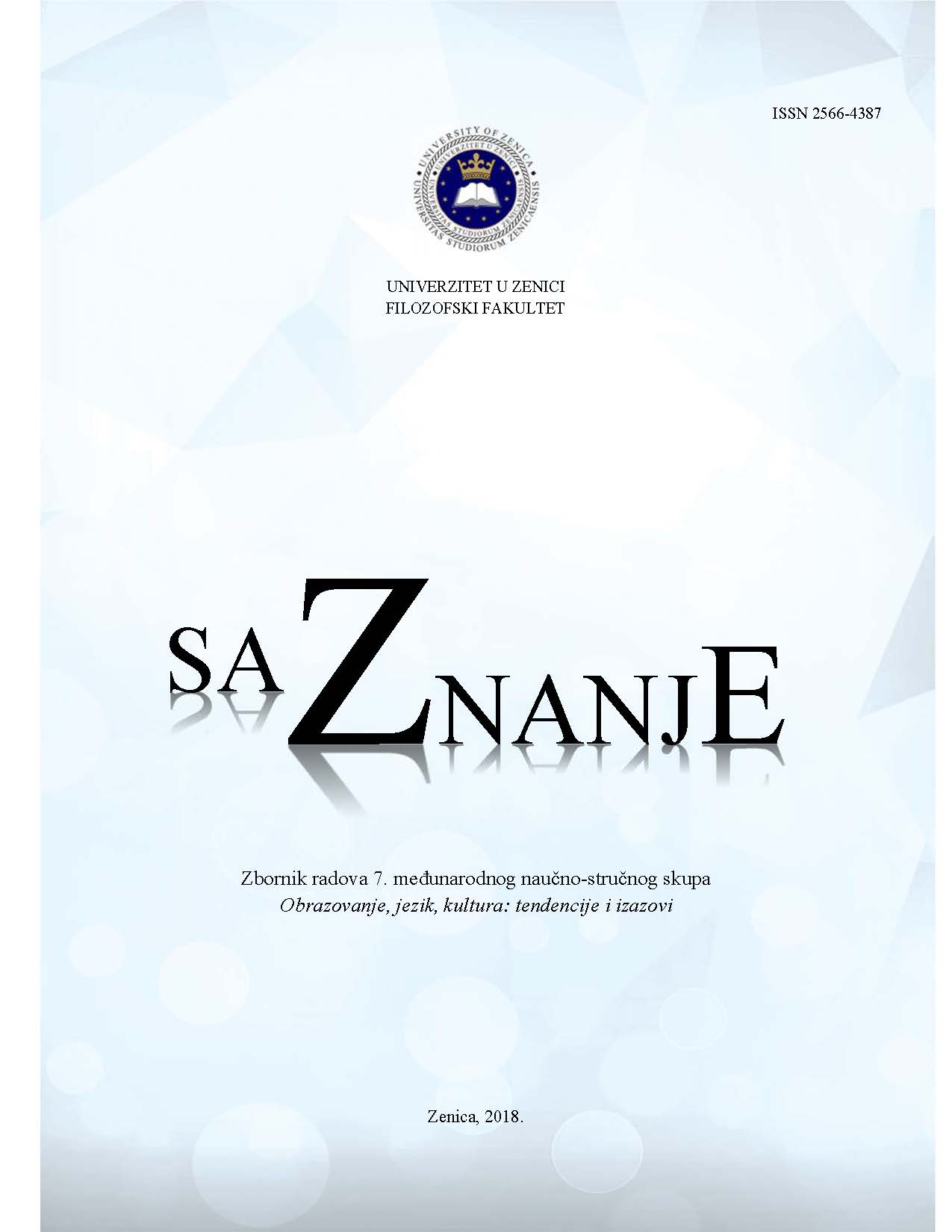RODNI STEREOTIPI I TRADICIONALNE RODNE ULOGE U BAJKAMA
GENDER STEREOTYPES AND TRADITIONAL GENDER ROLES IN FAIRY TALES
Author(s): Mirela BašićSubject(s): Language and Literature Studies, Gender Studies, Studies of Literature, Theory of Literature
Published by: Filozofski fakultet, Univerzitet u Zenici
Keywords: fairy tales; gender theory; feminism; gender roles; stereotypes;
Summary/Abstract: Gender roles are deeply rooted in society. As a significant witness to this, we point out a miraculous world of fairy tales, as a specific literary species, which allows us to look at how women and mans are represented in fairy tales, and in society, which has developed fairy tales. Gender roles imply a set of behaviors, characteristics, and patterns of values that a certain culture expects from a man and a woman. Fairy tales represent traditional gender roles, where women are mostly depicted as passive, sleepy beauties, servants, or just beautiful women who are waiting for some brave, fearless prince to appear in their life (rescues them or loving them beacuse their magical beauty) and than lead them to their palace, where women continue to be beautiful and passive. A female subject in fairy-tale is actually an object of submission, silence and patriarchal organization, as well as physical or psychological violence. Women perform their performative roles every day, and society expect from them to complete and perform certain activities, and the reward for their nice behavior is in the form of a happy end (phrase, "happily ever after" or "and they lived happily ever after"). The heroines in fairy-tales first pass through the stages of violence, oppression, and public humiliation, so that ultimately their suffering comes to an end in the form of a magnificent, noble prince who saves them. On the other hand, difference from "good", passive female characters, are evil female characters, always driven by their wishes and instincts tragically ending. The question is, why every woman who is presented as a powerful, dominant woman in fairy-tales is evil and a woman who must ultimately experience a terrible death. Feminist studies have recognized feminine marginalized voices in fairy tales, mostly under the control of a man: father, husband, brother, etc. Deconstruction, but certainly with the feminist, gender approach, will be analyzed in detail the stereotypical performances of men and women in fairy tales, and also the influence of fairy tales on gender-responsive childhood education will be discussed.
Journal: saZnanje
- Issue Year: 1/2018
- Issue No: 1
- Page Range: 446-452
- Page Count: 7
- Language: Bosnian

